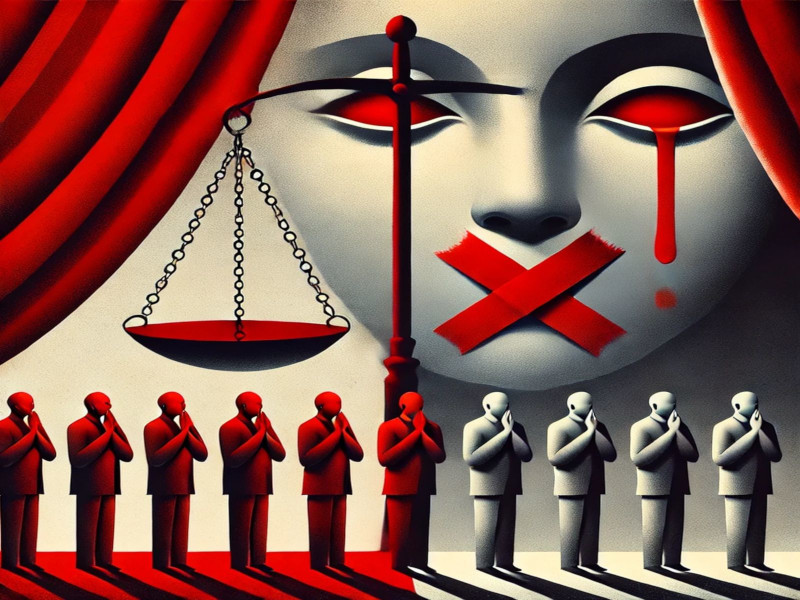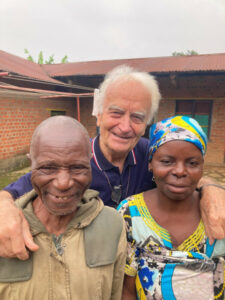
Goma under siege | Two different silences
Late in the evening of Jan. 26, rebels took control of Goma. spazio +spadoni’s interview with Father Piumatti
Goma. North Kivu. Democratic Republic of the Congo. Africa.
No one answers on the other end of the phone; yet, people live there. Lots of people. Even children.
“There is no electricity, so cell phones are dead,” Father Giovanni Piumatti, a fidei donum from Pinerolo who has been there 50 years, informs us.
He was able to hear from someone until the day before yesterday, Sunday, Jan. 26. The other contacts of space + spadoni “are completely unreachable, without the possibility of communication, without water, without food”, Luigi Spadoni reports.
A city locked up, literally besieged by pro-Rwandan M23 rebels. Not to mention the 400,000 displaced, dead, injured.
“It’s a situation that has a long history and has been going on for over 20 years,” comments Father John who, at the moment, is mostly concerned about ‘the chaos’ and how many are there, hiding in their huts, between fear of guns and hunger and thirst, threatened by soldiers and rebels who forcibly take phones, clothes, stuff to eat….
Try calling for news, but nothing. Silence. Like that of the West and the international community for as long as I can remember.
In fact, it is two different silences. The first speaks to us of the terror of war. The second is complicit in injustice.
“Our technology needs precious raw materials such as coltan and cobalt…which are found, precisely, in Kivu”, denounces the missionary, adding that to mine them are “children, who do not go to school and by digging they get injured, and then mothers who handle radioactive substances, get sick, die”.

In Goma, he has close friends: “Leona, who got married recently; Gerlas, who looked for work there; Leontina, Joseph…left from Muhanga. Not just friends, but children, sisters and brothers,” to whom he also tries to send money, because it is no longer enough for him to say I remember you, I am close to you.
They want to tell and, on Sunday morning, they wrote to him, “We did not sleep; the shooting started just after midnight.” Because, in the end, the one who pays the bill is just the poor people.
“They expected it; Goma has been under siege for more than three months. No more food from the countryside was coming in, and what was found was increasing in price every day. In Bingi, there were bomb shrapnel injuries: after it took the Red Cross two weeks to get them to the hospital in Goma, now they don’t know how to go home.”
People share with their neighbors what little they have and what remains: “there are no longer words like ‘my’ and ‘your.’ And while a large Unicef, Unhcr refugee camp has sprung up near Goma in recent years, it must be said that throughout Kivu every hut has become a refugee camp. Twenty-five square meters occupied by three families…”.
Goma is close to the lake, but “the pumps in the city no longer work and one cannot even find a glass of water.”
These are the paradoxes of life, but especially of war, which “is not told or explained, but lived by those who ask only to live.”
Source
Images
- Image digitally created by spazio + spadoni
- Father Giovanni Piumatti
